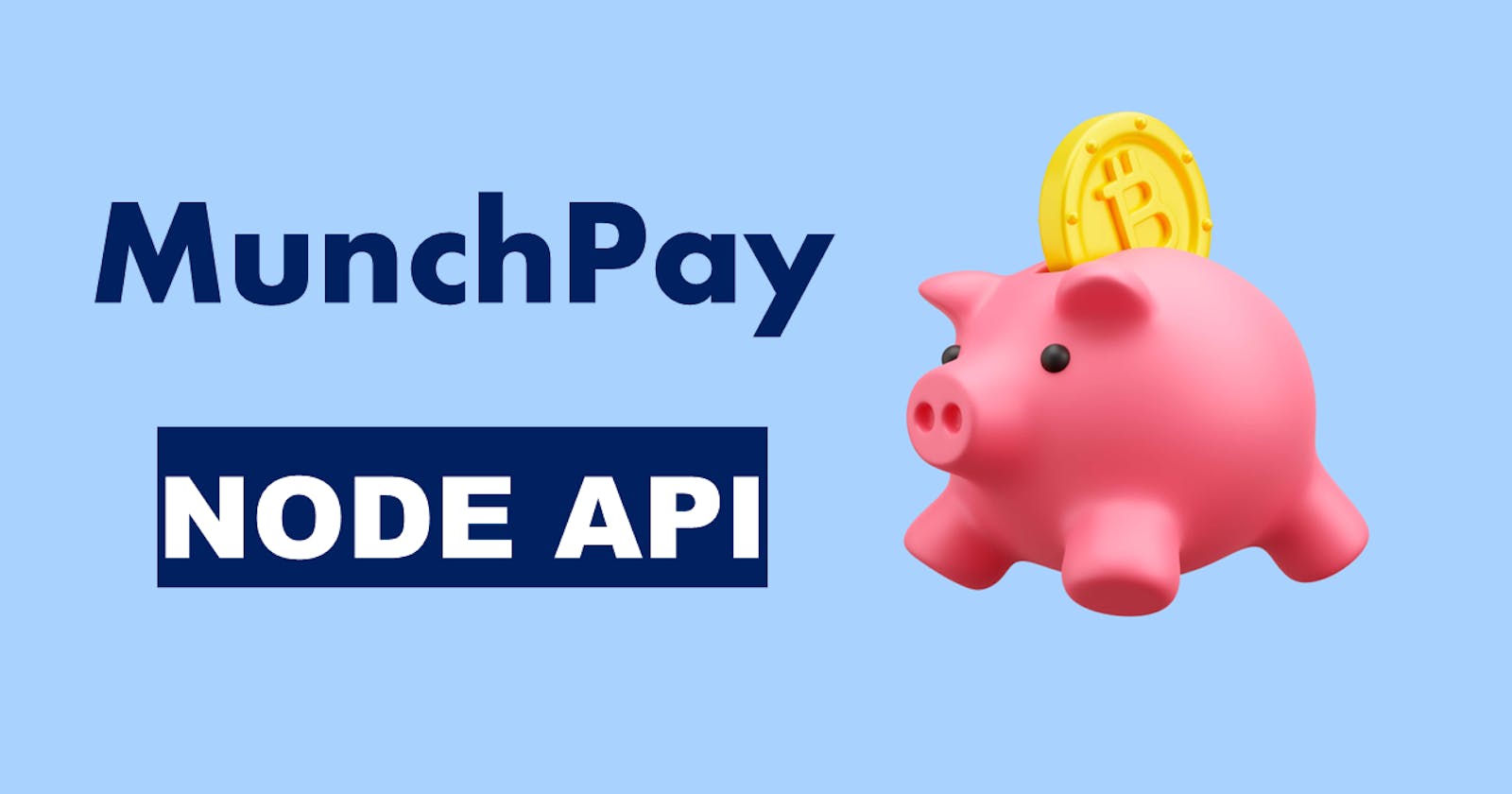MunchPay Node API - Develop, Version & Deploy
Practical understanding of Semantic Versioning in Node API
PermalinkRecalling SemVer
- A quick revision of the Semantic Version. It consists of 3 sections.
MAJOR.MINOR.PATCH
MAJOR: It represents the major version of the app. Any incompatible change, API modification, or such changes are handled under this number.
MINOR: When you add new functionality in a backward compatible manner is introduced in the product. Any improvement (like performance, optimization, etc) can be covered under this.
PATCH: As the name suggests it is reserved for bug fixes internal to the system/product. Note that these bug fixes should be backward compatible.
PermalinkLet's make MunchPay API 💰
Let's make a basic payment API called as MunchPay. This API will have just 2 routes: 1) Get payment methods 2) Make payment
To get started we need to have a Node App which can serve as an API server. For sake of this blog, I've used Express JS. These are the checkpoints that should be ready to move ahead.
Create a Node project
Install the following npm packages:
express, nodemonWrite boilerplate for express server
Create 1 GET route:
getPaymentMethodsCreate 1 POST route:
makePaymentUpdate the scripts in package.json to spin up the server
You can clone this repo MunchPay API Get Started to align until this step.
PermalinkDeploying dev version on public 🌐
To deploy MunchPay API, we'll use Vercel. I have mentioned a detailed guide on how to deploy the Express JS app on Vercel in this Deploy Node JS on Vercel
To shorten the length of this article we're not covering each step here.
Once API will be deployed you can see something like this. (If you don't want to deploy, running it on local server will also work)

PermalinkRelease the first version 1️⃣
Let's make this API public and release the first stable version.
NOTE: To declare a public API we need to maintain proper documentation of what is changed in each release.
Create a README.md file at the root of the project. This will serve as documentation of our MunchPay API. (Actual APIs use other tools like Swagger/OpenAPI etc for maintaining documentation)
Node projects give us a nice option to manage versions of our project.
Go to the root of the project in a terminal. And execute this command :
yarn version
This will show you the current version and prompt for a new version. Enter the new version as
1.0.0. As we're releasing for the first time, this will be the base version for our Public API.You will notice that the
yarn versioncommand will also commit the version changes.
// POST /makePayment
router.post('/make-payment', (req, res) => {
const { amount, mode } = req.body
if (!amount) {
return res.status(400).json({
message: 'Amount is required',
})
}
const convertedAmount = convertINRToUSD(amount)
res.json({
message: 'Payment Successfull ✅',
amount: convertedAmount,
currency: 'USD',
mode,
})
})
For PATCH the process can be something similar to this. Fix Bug → Increment patch version → Update documentation (README in our case) → Deploy the changes
Run
yarn version
Type version as:
1.0.1. Press enter to update the version.
Modify
README.mdaccordingly.Once version is updated you can ping base API to check latest API version.
localhost:8080

